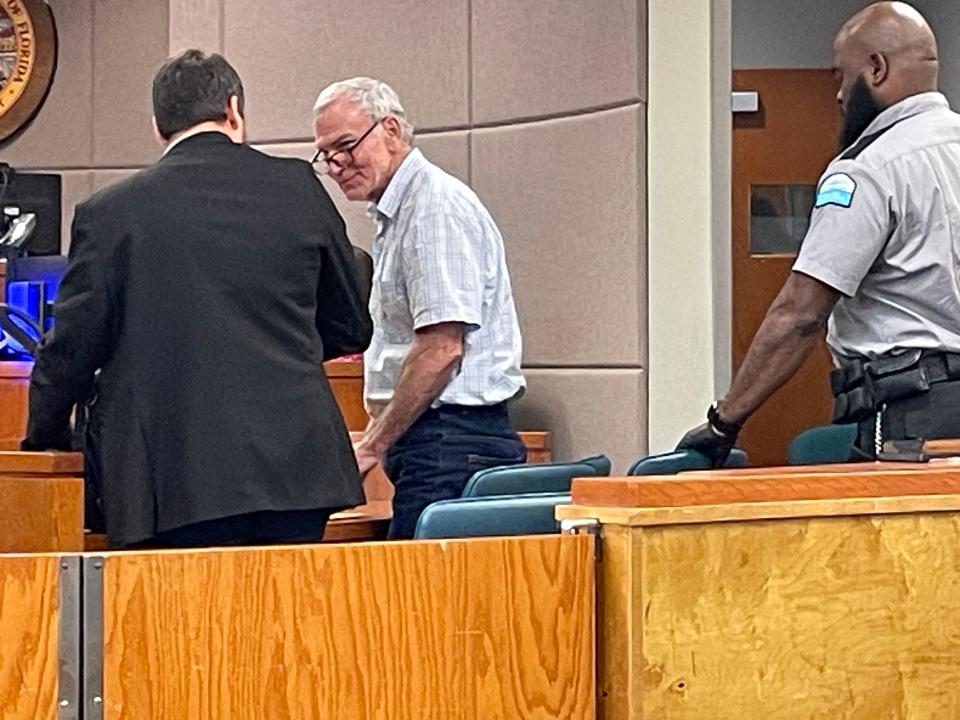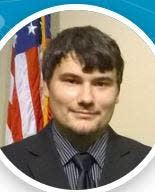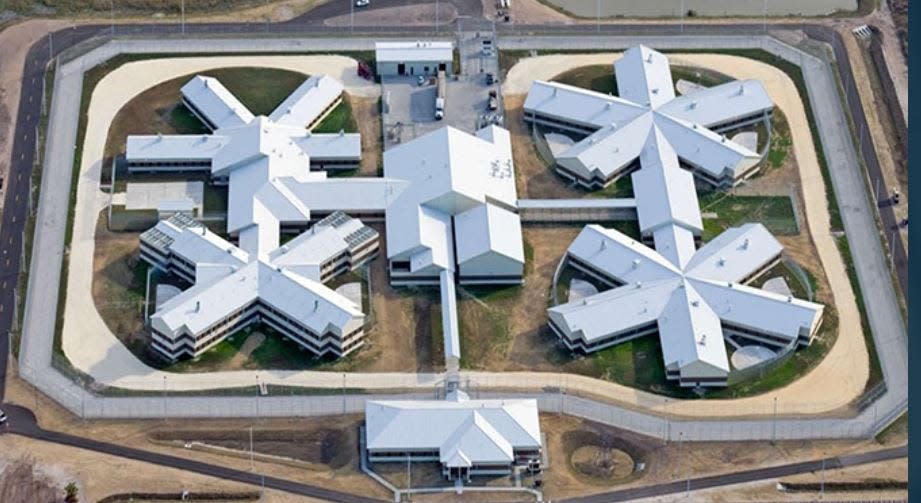'Southeast Rapist' fails to secure release from facility for sex offenders
A Florida man convicted of a series of rapes, robberies and burglaries in Marion County sought to be released from a facility housing sexual offenders so he could rejoin family and friends. But a judge rejected the request following a hearing.
Circuit Judge Anthony Tatti said his decision was based on evidence presented and a review of records submitted to the court.
The defendant, Frank Kash, told his Public Defender's Office lawyers, Sean Gravel and Kathryn Hamilton, that he plans to appeal the judge's decision.
Staff members at the Florida Civil Commitment Center in Arcaida said they think Kash should remain at the center because they believe his mental condition has not changed.

A hearing was held Wednesday to determine whether Kash should be cleared to leave the confines of the center. The judge asked Dr. Harry Krop if he was aware of the staff's opinion that Kash, 68, of Arcadia, is not ready to be released. Krop, who appeared via Zoom, told the judge he knows about the report, but disagrees with the staff analysis.
Assistant State Attorney Elizabeth White told the court in her closing remarks that it's not safe to allow Kash back into the community. She noted that he committed 11 violent sexual batteries in less than a year. The prosecutor said the violence involved threats with some type of weapon.
White also noted that, while at the center, Kash was charged with aggravated assault and sentenced.
The lawyer said Kash is in a controlled environment where his behavior can be monitored. She said Kash's crimes were committed at night. She said he hasn't changed and is likely to resume his dangerous pattern if freed.

Gravel told the judge that White's presentation focused only on his client's past. He said doctors who have examined Kash testified that he is a changed man and has made enough progress to qualify for an opportunity to live in freedom. Hamilton assisted Gravel at the hearing with questioning one of two experts presented by the defense.
In the 1980s, local law enforcement officials labeled Kash the "Southeast Rapist" and said he was responsible for a string of sexual assaults in Ocala and Marion County.
Authorities said Kash admitted to seven rapes between February 1984 and March 1985. Detectives said comparisons from a hair sample linked Kash to four other rapes.
At the time, officials said they were able to close eight rape cases in the county and the remaining three in the city.
Though Kash did not confess to the rapes, investigators said he admitted to roughly 20 vehicle burglaries from November 1984 to March 1985.
Court records show Kash pleaded guilty to sexual battery, robbery with a deadly weapon, burglary and two counts of possession of a firearm by a convicted felon in August 1985.
The Florida Department of Law Enforcement database lists Kash as a sexual offender.
Jimmy Ryce Act
Before Kash was scheduled to be released from prison, his case was evaluated pursuant to Florida's Jimmy Ryce Act, which came about in 1999. The act states that before inmates with histories of sex offenses are released from prison, they are evaluated to see if they pose a risk to re-offend. If they are a risk, then they can be subject to civil proceedings and commitment to a secure facility for treatment.

The Jimmy Ryce Act was created in memory of 9-year-old Jimmy Ryce , a south Florida boy who was kidnapped, raped, murdered and dismembered in 1995 by Juan Carlos Chavez. Chavez later died by lethal injection in 2014.
In 2003, when Kash's prison term was up, prosecutors sought to keep him locked up pursuant to the Ryce Act. Prosecutors did not get a chance to file the required documents. Defying advice from his lawyer, Kash decided he wanted to be committed to the center indefinitely.
In 2015, citing advice from mental health evaluators, a local judge rejected the Public Defender's Office's request that Kash be allowed to leave the center.
During Wednesday's hearing, Krop and Dr. Peter Bursten, who also testified via Zoom, testified that Kash has made tremendous strides and wouldn't pose a threat to society if released.
Bursten said a facility in Pensacola has expressed interest in housing Kash, who has support from his brother.
From his approximately dozen visits, Bursten believes Kash has shown enough progress to be freed. He said Kash has not shown any signs of acting out sexually. The doctor said Kash has accepted responsibility for what he did, doesn't have any sexual preoccupation, and understands he has done is wrong.
Asked whether Kash may be faking his changed attitude, Bursten said no. He believes Kash is someone who speaks his mind and was not attempting to manipulate the interviews.
Prison: Sex predator gets 12 years for making contact with victims
Krop said he has seen a significant change in Kash and thinks Kash is safe to be around people.
Contact Austin L. Miller at austin.miller@starbanner.com
This article originally appeared on Ocala Star-Banner: Defense fails to secure release for man held in facility for sex offenders

